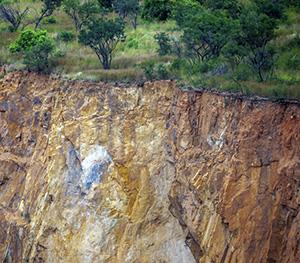31 March 2023

5G OpenRAN (ORAN) technology that enables mobile operators to open the RAN network and use multi-vendor solutions holds huge promise for business growth in Africa. It means network operators can focus capital expenditure on competitively priced open-standards equipment rather than proprietary gear.
“It enables attractive savings of about 40% on capital expenditure and 30% on operating expenditure,” said Willem Wentzel, head of wireless at NEC XON. “It can also be deployed in a matter of two to three days instead of up to nine months. But the realities of Africa mean that 5G ORAN will initially be limited to private corporate networks in industries like mining, manufacturing and industrial where large campuses are common. Public ORAN networks are likely to remain on 4G for the moment, given the level of investment in existing infrastructure and the prohibitive cost of 5G handsets (UE) for consumers.”
Private 5G ORAN networks will break the ice and help to bring down unit costs for the public market, and Wentzel says NEC XON is currently bringing proof-of-concept kits into Africa for three clients in these industries.
“The ability to privatise 5G ORAN will enable machine-to-machine (M2M), business to business (B2B) and push-to-talk communication on campus, or anywhere in the country (or the world) on a company site using a phone app. To date, most of these campus applications used WiFi simply because it was the only tech feasible to use given that all 4G spectrum has been allocated on a national level to monopolistic MNO players. “The shortfall with WiFi is industrial-scientific noise which limits the guaranteed throughput and customer experience. As such, it is a ‘best effort’ service,” said Wentzel. “That creates a lot of latency in the network which means the signal isn’t reliable enough for B2B and M2M services. Due to its reliability in design, 5G ORAN guarantees low latency and enables remote operation of both B2B and M2M processes.”
The mining industry is particularly hungry for low latency networks that enable control of machinery and reduce the risk of human injury - and increase productivity since the technology can work 24x7 whereas a lot of mines can’t currently work at sunset because of safety concerns.
“Each of these companies wants its own 5G ORAN core on campus. Finding the right operation and business support system (OSS/BSS) is vital to the business case and, with our partners, we are already building cost-effective models. This is especially important in industries like mining where the network coverage need is intricate - a reality that impacts on cost,” said Wentzel.
NEC XON is developing a unique panel which deflects 3.7GHz signals into specific areas where coverage is required, including underground mines.







